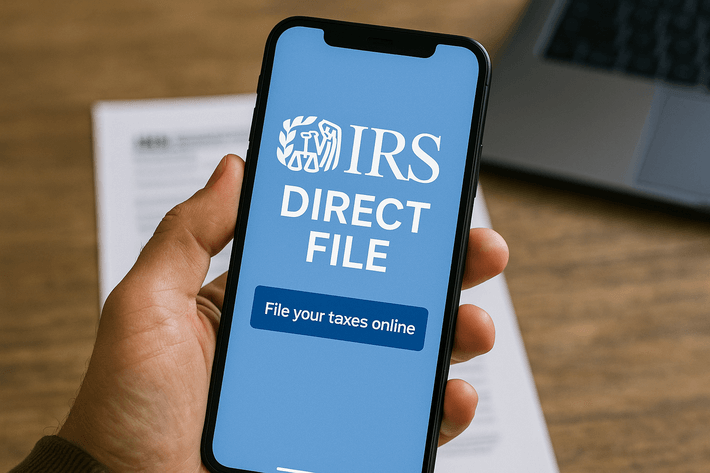Americans Feel Hopeful About the Economy, Survey Shows
Consumer confidence rose in July despite the looming threat of a trade war with China and the Federal’s Reserve incoming interest rate cuts.
A survey released by the University of Michigan shows a mild increase in consumer confidence in July, from 98.2 in June, to 98.4 in July. These numbers are close to last year’s peak, when the index rose to 101.4, the highest it’s been since 2004.
However, even though consumers are positive about what’s coming, they seem to feel insecure about their financial situation and the current state of the economy. According to the survey, ratings of the current economic condition fell from 111.9 to 111.1 from June to July. The index of consumer expectations, which measures participants’ expectations for the next six months, rose from 89.3 to 90.1 during the same period.
So what do all of these numbers really mean? Put simply, Americans feel financially insecure right now, but they expect things to get better in the coming period. This is likely the result of trade tensions with China and Mexico, which have seemed to ease recently. People are now feeling more optimistic about the economy.
Stock markets are also hitting all-time highs and unemployment rates are still very low. Despite the current political tensions, consumer spending is doing its bit to keep the economy strong.
That said, the Federal Reserve is still likely to introduce interest rate cuts. Even though the economy is currently in a good place, business investment is slowing due to uncertainty around the trade war. How this ends up impacting the average American remains to be seen.
Albert Einstein is said to have identified compound interest as mankind’s greatest invention. That story’s probably apocryphal, but it conveys a deep truth about the power of fiscal policy to change the world along with our daily lives. Civilization became possible only when Sumerians of the Bronze Age invented money. Today, economic issues influence every aspect of daily life. My job at Fortunly is an opportunity to analyze government policies and banking practices, sharing the results of my research in articles that can help you make better, smarter decisions for yourself and your family.





